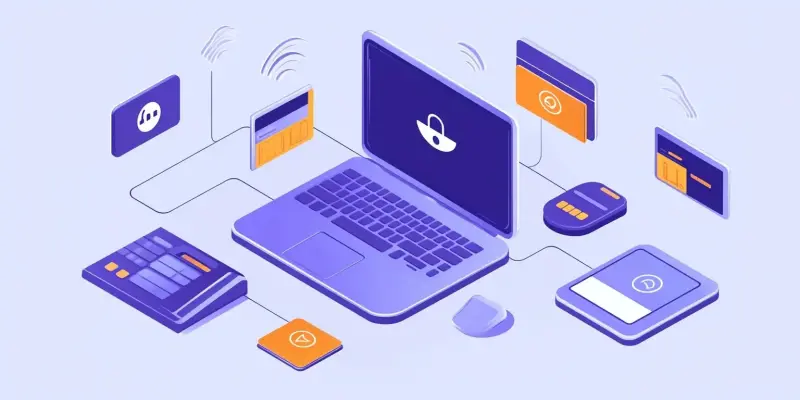Integrating Remote Payment Services (RPS) with your existing ERP system, such as Microsoft Dynamics GP or Dynamics 365 Business Central, can significantly improve the efficiency of your Accounts Payable (AP) team. RPS technology automates much of the payment process, thereby reducing the time-consuming and error-prone tasks associated with manually printing and mailing checks. By shifting to electronic payments, businesses can lower their risk of fraud while ensuring greater accuracy in their financial transactions. Additionally, RPS providers typically handle vendor onboarding and manage payment inquiries, thereby alleviating the administrative burden on your AP staff.
Another noteworthy benefit of RPS is its ability to convert traditional vendor payments into virtual credit cards, which can earn businesses rebate revenue. This not only creates an additional stream of income but also enhances overall cash flow management. Implementing RPS also generally leads to a more streamlined operation where fewer manual interventions are required, allowing your AP team to focus on more strategic tasks. Improved security measures embedded in RPS systems further protect sensitive financial data, giving peace of mind to both the company and its trading partners.
In sum, integrating RPS with your company’s ERP system brings multiple advantages, from operational efficiencies and enhanced security to better job satisfaction for your AP personnel. By minimizing manual duties, reducing the potential for error, and earning rebate revenue, RPS proves to be a lucrative investment for most businesses. As companies continue to seek ways to optimize their accounting operations, RPS stands out as a valuable solution, driving both economic and operational benefits.

